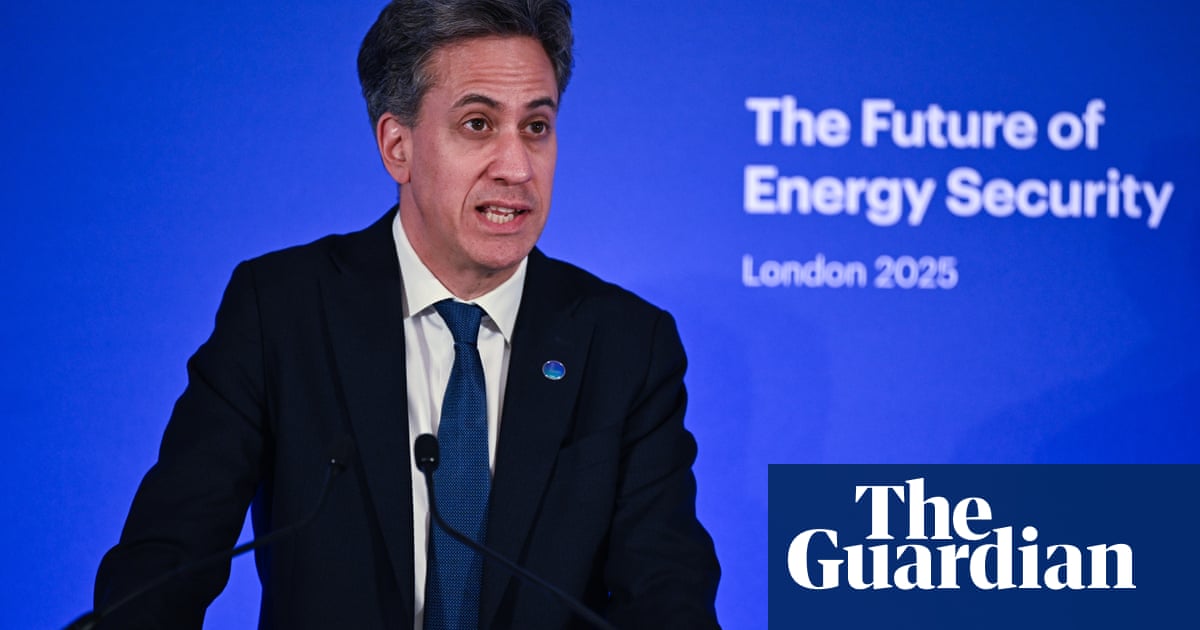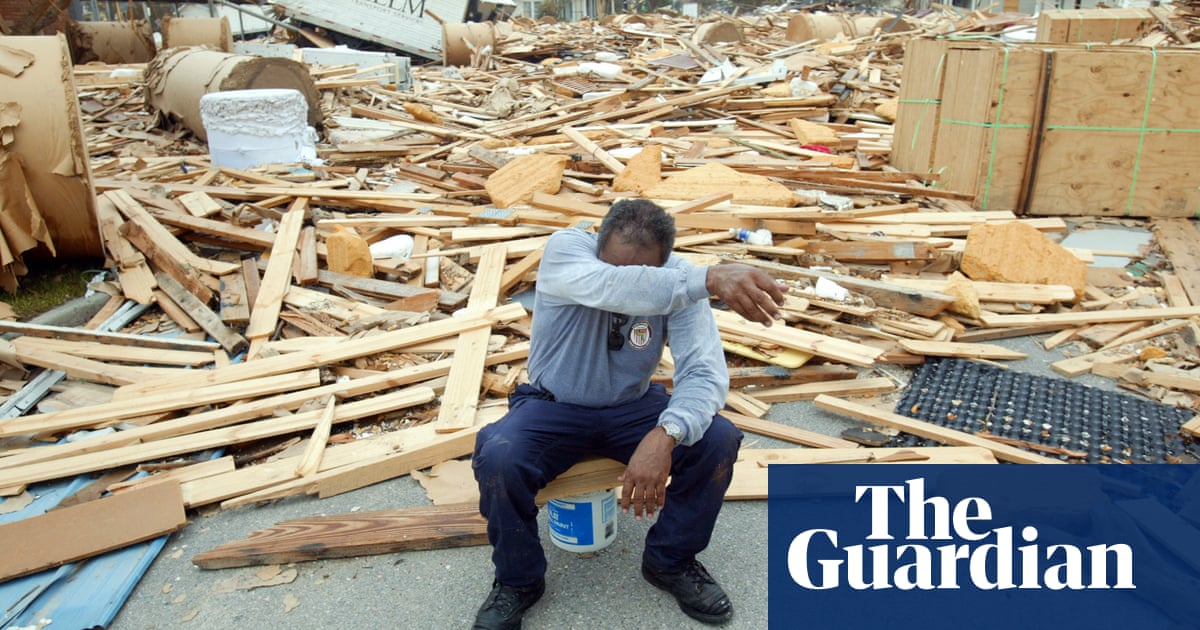Multilateralism faces a toxic brew of debt, climate crisis and war. It’s time for a reboot | Mo Ibrahim

Multilateralism is under attack. A toxic brew of multiplying conflicts, worsening climate impact, new pandemics and spiralling debt has brought the system to its knees, appearing almost incapable of properly addressing these converging crises. Adding the unknowns of a Trump administration into the mix will do little to allay concerns.
My own critiques of the current multilateral system are well documented, but I do not subscribe to the view that it has no future. What’s needed is a total reboot.
By the end of the year, we have a unique opportunity to demonstrate that multilateralism can address these challenges. Next month, the world’s wealthier countries will decide what they can commit in development finance to further support the world’s low-income countries at the World Bank-led International Development Association’s (IDA) 21st “replenishment” in Seoul.
These pledges are made only every three years. The decisions made in South Korea will therefore determine how equipped we are to meet the challenges on the horizon. Among countries that have already made pledges ahead of the meeting are Poland and Norway, with a 100% and 50% increase over their previous contributions. Others must now follow suit.
The IDA’s track record is strong. In 2024, it committed $31.2bn (£24.3bn) to projects in low-income countries, with more than 70% going to Africa. As a result of IDA commitment between 2012 and 2023, more than 1 billion people received essential health services, 117 million people gained access to improved water services, and 92 million people obtained new or improved electricity services.
Since 1960, 35 nations have graduated from IDA, with many, such as India and South Korea – which has announced a 45% increase in its contribution this year – returning as donors, the best proof of success nurtured.
This replenishment comes at a critical time, and there may be no second chances. The stakes are unusually high, both for people in low-income countries and for the reputation of the financial multilateral system. The higher-income countries’ decisions come at a tipping point.
Implementation of the UN’s sustainable development goals has veered totally off-track for poorer countries, drowning in the very same toxic brew of conflict, climate crisis and post-Covid debt. Let us avoid a blinkered view. Unmet expectations feed frustration and anger, fuelling instability and conflicts. Less development in these countries means more insecurity globally.
The ageing Bretton Woods global financial system, to which IDA belongs, is increasingly challenged for its inability to properly address these countries’ specific needs. But this isn’t just about need, it’s also about opportunity.
Africa is home to a wealth of key assets. The continent is forecast to have the world’s largest, youngest workforce within just 10 years – provided these young people get the relevant skills. And they will have the entrepreneurial and innovative mindsets needed in this rapidly changing world.
Africa also owns major reserves of critical and low-carbon minerals, a huge carbon-sink potential and a wealth of biodiversity, all crucial for the world’s green transition.
The IDA can play a pivotal role in turning this potential into reality. Funding health and education remain vital, but access to energy, digital advancement, AI and climate-resilient and sustainable infrastructure and cities will be the gamechangers.
after newsletter promotion
Access to energy is a prime example. Without it, there can be no development, no health, no education, no jobs, no sustainable business opportunities. Closing the energy gap for the continent’s 600 million people is essential.
I don’t expect the IDA to solve all the challenges. In my foundation’s recent report, Financing Africa: Where is the Money?, we conclude that the funding is often there, but without the relevant mechanisms to use it efficiently. For example, we are still waiting for the mechanisms to ensure that the $650bn of additional special drawing rights (SDRs) pledged after Covid, more than two years ago now, benefit those who need it most. This is an unacceptable waste.
Money is an important part of the equation, but not the whole story. In parallel to just replenishing IDA’s resources, we need to seriously work on allocation mechanisms and processes.
The world is watching to see whether the already developed countries, and the institutions they established to ensure a peaceful and prosperous world, are equal to the challenges we share today.
The stakes are high in a rapidly evolving geopolitical order. We have an opportunity to reboot multilateralism – we need to take it.
Source link






